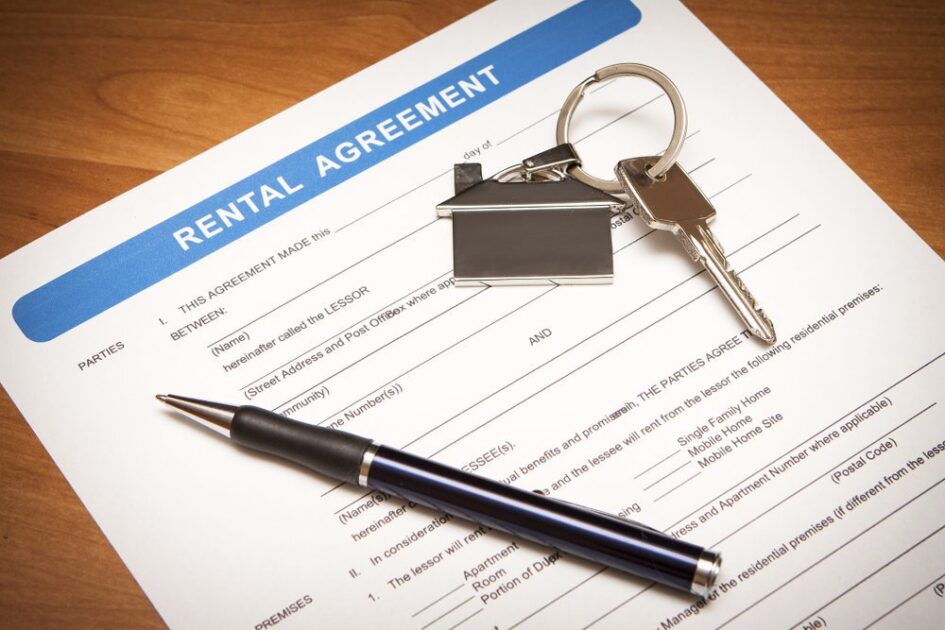Renting accommodation with a disability
Laura looks at the difficulties faced by many with a disability when they try to rent accommodation

In Ireland’s current volatile rental market finding suitable accommodation is difficult at the best of times but can be even more challenging for those with a disability. According to the Central Statistics Office based on answers from the 2016 census 643,131 people in Ireland have a disability. This is 13.5% of the population.
New legislation regarding rent allowance and discrimination came into effect at the end of 2015 and the beginning of 2016 with the intention of improving the lot of the many renters who are struggling across the country. One of the key rules prevents landlords from discriminating against tenants who are in receipt of rent allowance. If they do they may face a fine of up to 15,000 euro.
It is important to note that rent allowance goes into the tenant’s bank account and not the landlords. All the landlord has to do is fill out a one page form with their address and PPS number confirming that the individual is a tenant at that property. Many however have been reluctant to do this.
A complaints procedure has been established for when landlords refuse to accept rent allowance however even a quick search through daft.ie shows that preferences are still clearly stated. Terminology such as ‘seeking professional and hardworking tenants’ are used to imply that the unemployed, even those unable to work due to disability, are not wanted.
One reason for this could be because a tenant cannot claim rent allowance until they are already a confirmed tenant of a property. This means that they have to have the deposit and first few months’ rent before they move in. It is reasonable that a landlord would like their payments on time and in full.
However if a tenant is, or soon will be, in receipt of rent allowance surely this suggests that the tenant has a guaranteed income and in a way is a secure bet? These difficulties apply to all tenants but are perhaps heightened for those with disabilities or long term illnesses. If one is prevented from being able to work and is reliant on disability or social welfare it can be very tricky to build up the initial amount of money needed.
Another challenge is that many may need accommodation specifically suited to their needs and in some cases may need to make adjustments to their residence, for example wheel chair ramps or additional rails to hold onto in the bathroom. How many tenants would feel comfortable asking their landlord if they can make significant, or even small, changes to their property in order to better accommodate their needs?
How many landlords would be willing to make these changes for a tenant who may not still be living there in ten years’ time? This also does not take into account the matter of cost. Who is to pay and where do they get the money from? If a person does not have their own home or family home to go back to having become ill or disabled it must be very difficult for many to try and manage in the current rental market that seems to highly favour the landlord over the tenant.
It is also important to note that rent allowance is capped, with the amount varying from area to area. Arguably this makes it harder for someone to rent a one bed place to themselves, which is something that can be vital for someone recovering from serious illness or managing their disability. Further over the past year the Residential Tenancies Board (RTB) has seen complaints over unfair rent hikes increase by almost 70%. This is despite the fact that there is now legislation regarding how often a landlord can increase the rent (one increase in two years with a three month notice period). Alongside this there has been an increase in the number of complaints over illegal evictions.
These obstacles are preventing many from branching out on their own and experiencing independence and the freedom of running their own lives by restricting their ability to move. According to disability.ie “today many disability organisations are promoting the idea of independent living. This means giving people with a disability a choice in where and how they live and making sure there are enough accessible buildings and enough support mechanisms to allow people to live as independently as they choose”.
The assistance that is available often comes from charities with little direct help from the state. Although there is some help out there in the form of local authority accommodation and voluntary housing accommodation for those with special housing requirements at present there is however very little for renters with invisible illnesses or disabilities, such as chronic pain or debilitating depression.
It seems unlikely that a new direction is going to be taken in the near future regarding housing and disability. As results from this year’s census are collated Ireland’s main political parties struggle to negotiate power sharing that is going to define the country over the next four years. Alongside this local councils appear unwilling to reach out and help those who need it. In other countries such as England and Wales people can turn to the council for advice renting and tenancy. Perhaps now is the time for Ireland to focus on helping those most in need of finding a way to live independently.






